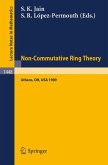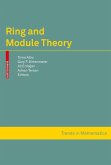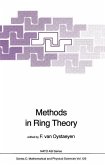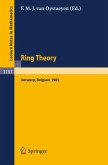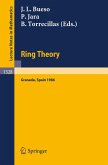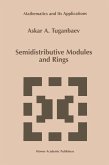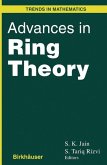This expository monograph was written for three reasons. Firstly, we wanted to present the solution to a problem posed by Wolfgang Krull in 1932 [Krull 32]. He asked whether what we now call the "Krull-Schmidt Theorem" holds for ar tinian modules. The problem remained open for 63 years: its solution, a negative answer to Krull's question, was published only in 1995 (see [Facchini, Herbera, Levy and Vamos]). Secondly, we wanted to present the answer to a question posed by Warfield in 1975 [Warfield 75]. He proved that every finitely pre sented module over a serial ring is a direct sum of uniserial modules, and asked if such a decomposition was unique. In other words, Warfield asked whether the "Krull-Schmidt Theorem" holds for serial modules. The solution to this problem, a negative answer again, appeared in [Facchini 96]. Thirdly, the so lution to Warfield's problem shows interesting behavior, a rare phenomenon in the history of Krull-Schmidt type theorems. Essentially, the Krull-Schmidt Theorem holds for some classes of modules and not for others. When it does hold, any two indecomposable decompositions are uniquely determined up to a permutation, and when it does not hold for a class of modules, this is proved via an example. For serial modules the Krull-Schmidt Theorem does not hold, but any two indecomposable decompositions are uniquely determined up to two permutations. We wanted to present such a phenomenon to a wider math ematical audience.
Dieser Download kann aus rechtlichen Gründen nur mit Rechnungsadresse in A, B, BG, CY, CZ, D, DK, EW, E, FIN, F, GR, HR, H, IRL, I, LT, L, LR, M, NL, PL, P, R, S, SLO, SK ausgeliefert werden.



